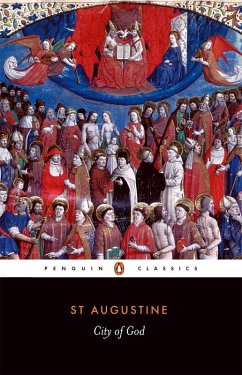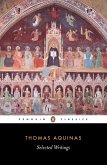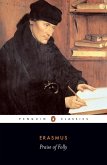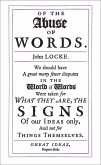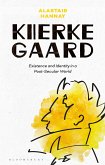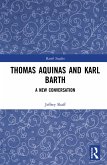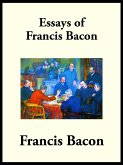City of God is an enduringly significant work in the history of Christian thought, by one of its central figures
Written as an eloquent defence of the faith at a time when the Roman Empire was on the brink of collapse, this great theological and philosophical work by St Augustine, bishop of Hippo, examines the ancient pagan religions of Rome, the arguments of the Greek philosophers and the revelations of the Bible. Pointing the way forward to a citizenship that transcends worldly politics and will last for eternity, City of God is one of the most influential documents in the development of Christianity.
Translated with Notes by Henry Bettenson with an Introduction by G. R. Evans
Written as an eloquent defence of the faith at a time when the Roman Empire was on the brink of collapse, this great theological and philosophical work by St Augustine, bishop of Hippo, examines the ancient pagan religions of Rome, the arguments of the Greek philosophers and the revelations of the Bible. Pointing the way forward to a citizenship that transcends worldly politics and will last for eternity, City of God is one of the most influential documents in the development of Christianity.
Translated with Notes by Henry Bettenson with an Introduction by G. R. Evans
Dieser Download kann aus rechtlichen Gründen nur mit Rechnungsadresse in A, B, BG, CY, CZ, D, DK, EW, E, FIN, F, GR, HR, H, IRL, I, LT, L, LR, M, NL, PL, P, R, S, SLO, SK ausgeliefert werden.

